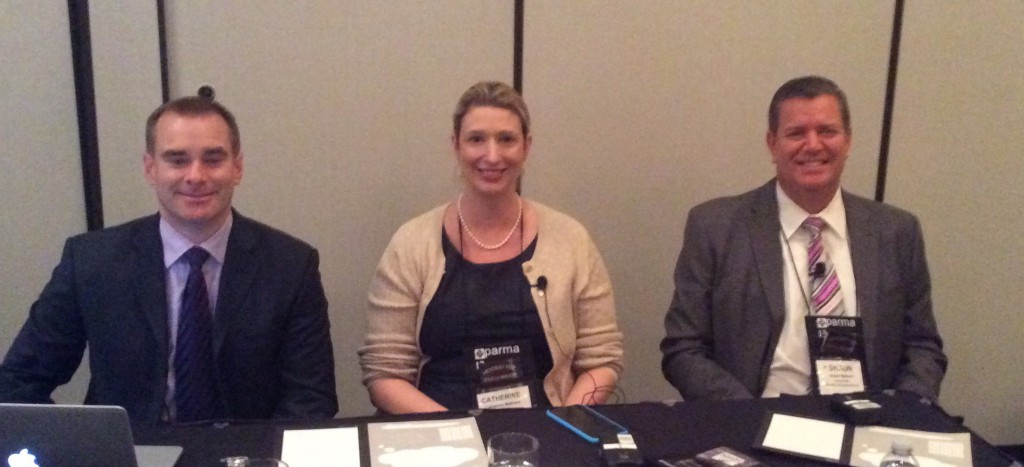How Public Perceptions of Police Impact Jury Pools
At the 2016 PARMA Conference, a panel discussed negative attitudes toward law enforcement and how this impacts jury selection for cases involving police officers.
The panel consisted of:
- David Cannon with Trial Innovations
- Catherine Mathers with Collins, Collins, Muir and Stewart LLP
- Shawn Mathers with Sheriff’s Information Bureau
Social Media
Social media searches can be an important element in selecting a jury pool. Attorneys search social media for comments from potential jurors that are derogatory toward police. This helps them identify which potential jurors they should try to strike from the jury. Comments posted on online news articles are also a good source for information about prejudice in a potential juror.
The Psychology of a Jury
Jurors process information based on their particular experiences, attitudes and beliefs. Beliefs shaped by personal experiences are the strongest and are very difficult to overcome. Acquired attitudes and acquired beliefs are more-easily formed during the trial and jury deliberations. Jurors can have a perception of the facts of the case than are different from what is presented by both the prosecutor and defense attorney. Attorneys need to understand that jurors will often times fill in the gaps with their perceptions.
Jury questionnaires often times reveal more information about a person’s attitudes and beliefs than open questioning in court. Potential jurors tend to be more forthcoming on these questionnaires.
Reality vs. Media
The media likes to sensationalize negative stories about law enforcement and rarely highlights positive stories. However, recent Gallop polls show that most people feel police officers rate very high in terms of honesty and ethical standards. So while there may be a very vocal minority that feels police are unethical, most people feel otherwise.
However, polls also showed mixed results when the question was whether you have confidence in the criminal justice system. An almost equal amount of people indicated high confidence and low confidence in the criminal justice system and only around 40% of people are neutral on this issue.
Another example of this is the large number of television shows focused on law enforcement and trials (“the CSI effect”). Because of these shows, many jurors have strong opinions on how police work should be done and these opinions may not match up with reality.
Witness Makeover
For both prosecutors and defense attorneys, the appearance of the witnesses can have a significant impact on whether the jury finds them believable. If a person comes across as relaxed and relatable, and they appear friendly and honest, the jury tends to listen to them. They coach witnesses to talk to the jury, not just to the attorney. Making eye contact with the jury can be very persuasive.
It is important to prep the witnesses before depositions, not just trials. Depositions are usually videotaped and that videotape will show up in the trial. Your witnesses need to be as trial ready as possible for the deposition, including their appearance. Also, it is important to remind witnesses not to be argumentative with the opposing attorney. Let the attorneys argue with each other and let the witnesses keep their cool and testify to the best of their ability.
Changing Attitudes
Over the last few years, an increasing number of potential jurors have become concerned about police corruption and are less likely to automatically believe the testimony of law enforcement personnel. These changing perceptions are across all racial and socio-economic groups. Without a doubt, this is driven by the high amount of media exposure on these issues in high-profile cases. Because of this, defending the actions of police officers in the courtroom has become a growing challenge for attorneys.


